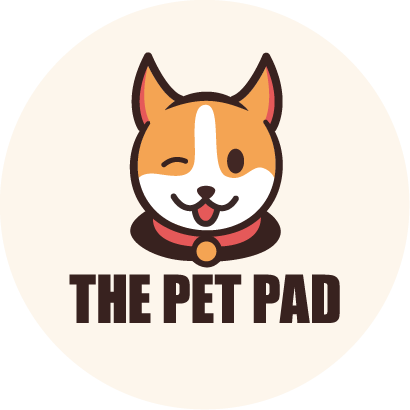Library
-
Ibuprofen is commonly used to treat fever, pain, and inflammation in humans. Ibuprofen poisoning occurs when a cat ingests a toxic dose of ibuprofen, either through misuse or by accident. Ibuprofen poisoning causes many different clinical signs because many different organ systems can be affected. Most commonly, cats show signs related to kidney problems.
-
Ibuprofen is commonly used to treat fever, pain, and inflammation in humans. Ibuprofen poisoning occurs when a dog ingests a toxic dose of ibuprofen, either through misuse or by accident. Most commonly in dogs, clinical signs related to irritation and ulceration of the gastrointestinal tract are observed including decreased appetite, vomiting (sometimes with blood), diarrhea, depression, abdominal pain, dark tarry stools, and bloody stools.
-
Ichthyosis is a rare skin disease in dogs and is sometimes also referred to as "fish scale disease". It generally causes the skin to appear rough and covered with thick, greasy flakes. It is the result of a genetic mutation and certain breeds, listed in this handout, seem to be affected more than others.
-
Icterus is also known as jaundice is an excessive accumulation of a yellow pigment in the blood and tissues, most easily seen in the gingivae and sclerae. Icterus can be caused by hemolysis, liver disease, or obstruction of the bile duct. Your veterinarian will perform screening tests to determine the root cause of icterus. Based on the preliminary tests, your veterinarian may recommend fine needle aspiration, needle biopsy, or a surgical biopsy. Icterus will resolve once the underlying disease is identified and treated. The prognosis depends on the underlying cause.
-
Icterus is also known as jaundice is an excessive accumulation of a yellow pigment in the blood and tissues, most easily seen in the gingivae and sclerae. Icterus can be caused by hemolysis, liver disease, or obstruction of the bile duct. Your veterinarian will perform screening tests to determine the root cause of icterus. Based on preliminary tests, your veterinarian may recommend fine needle aspiration, needle biopsy, or a surgical biopsy. Icterus will resolve once the underlying disease is identified and treated. The prognosis depends on the underlying cause.
-
Idoxuridine is an antiviral topical medication used to treat viral infections of the eye, such as feline herpesvirus-1 in cats. Idoxuridine comes as eye drops or can be compounded by your veterinarian into an eye ointment. Give as directed. Side effects of idoxuridine include eye irritation. Pregnant women should NOT handle this medication.
-
Iguanas are generally a very hardy reptile under that proper conditions. There are a number of common ailments that affect iguanas. Early communication with a reptile veterinarian about changes in your iguana's health status is critical.
-
This article outlines general guidelines on food intake and supplementation for iguanas. Opinions vary on the nutritional needs of captive iguanas and our knowledge in the subject is continually expanding based on new dietary studies in reptiles. Check with your veterinarian for specific nutritional needs for your pet iguana.
-
This handout outlines the basic housing requirement for a pet iguana, including cage or tank size, bedding, heating, and UV light, along with cleaning requirements. Consult a veterinarian familiar with reptiles if you have any questions or concerns about proper lighting or other housing issues for your iguana.
-
Iguanas make fairly good pets for the right owner. Since they can live up to 15 years and can grow up to 6 feet, proper housing and space must be considered for the long term care. Proper care, housing and nutrition is essential to help your iguana live a healthy life.

